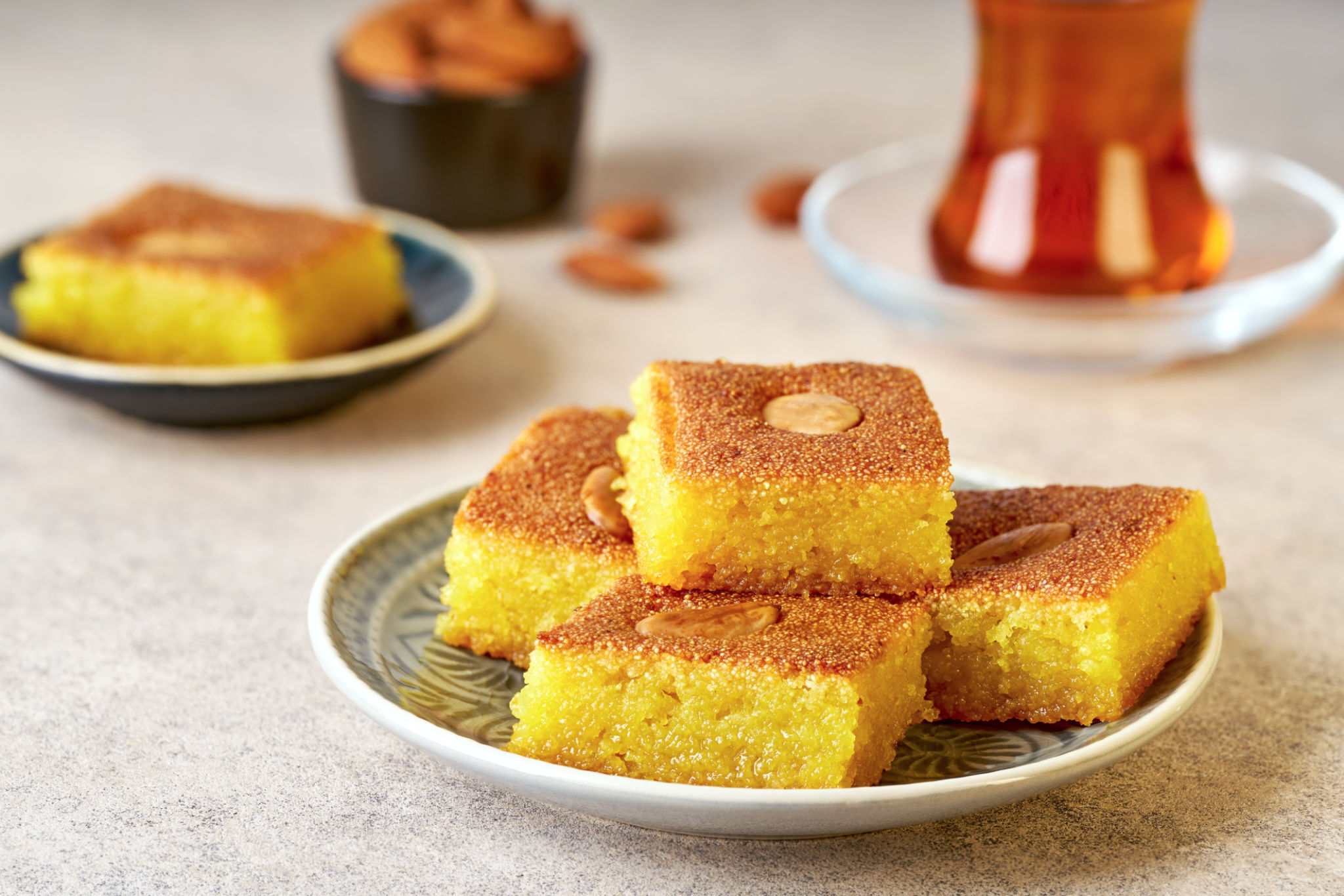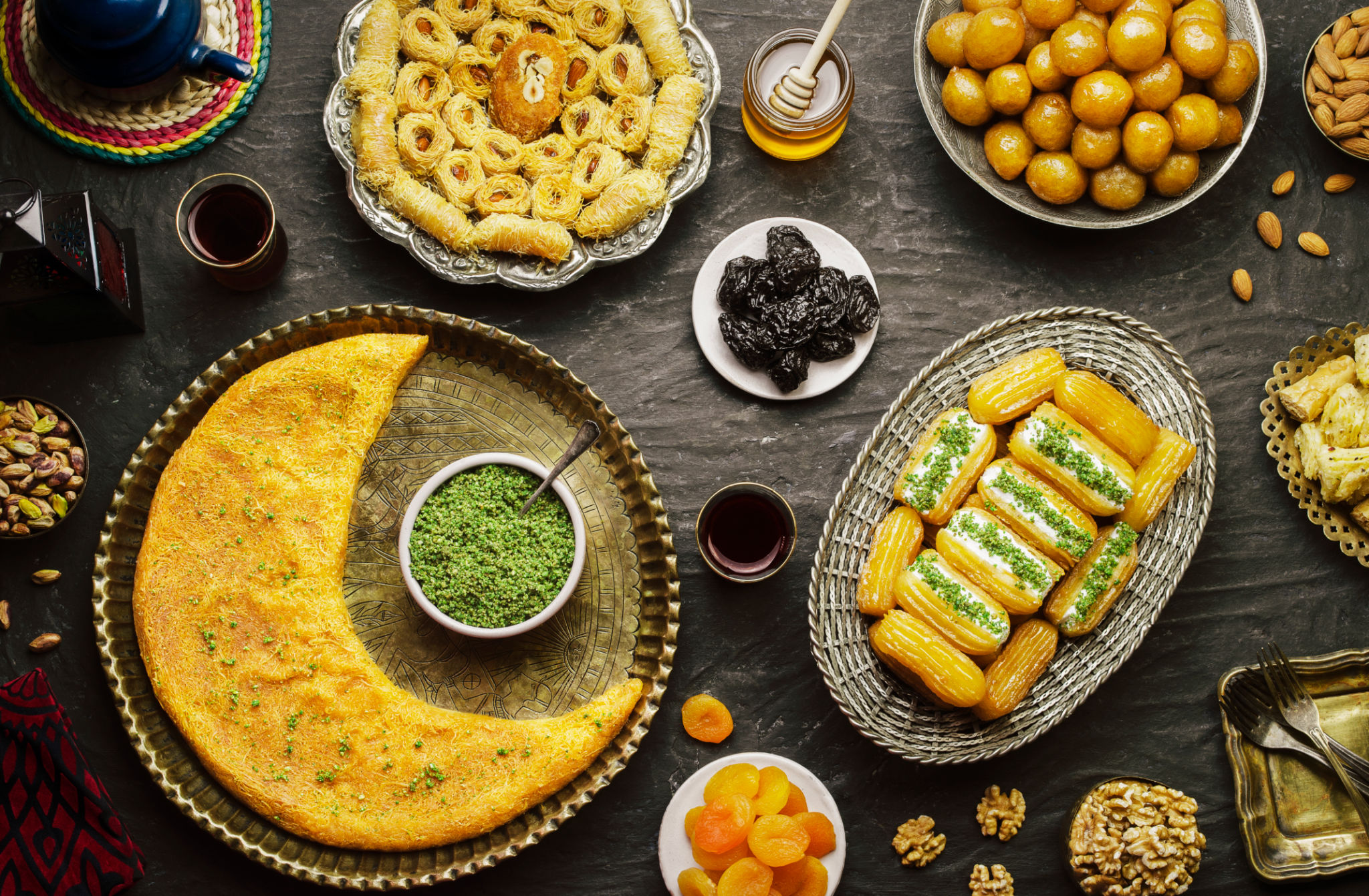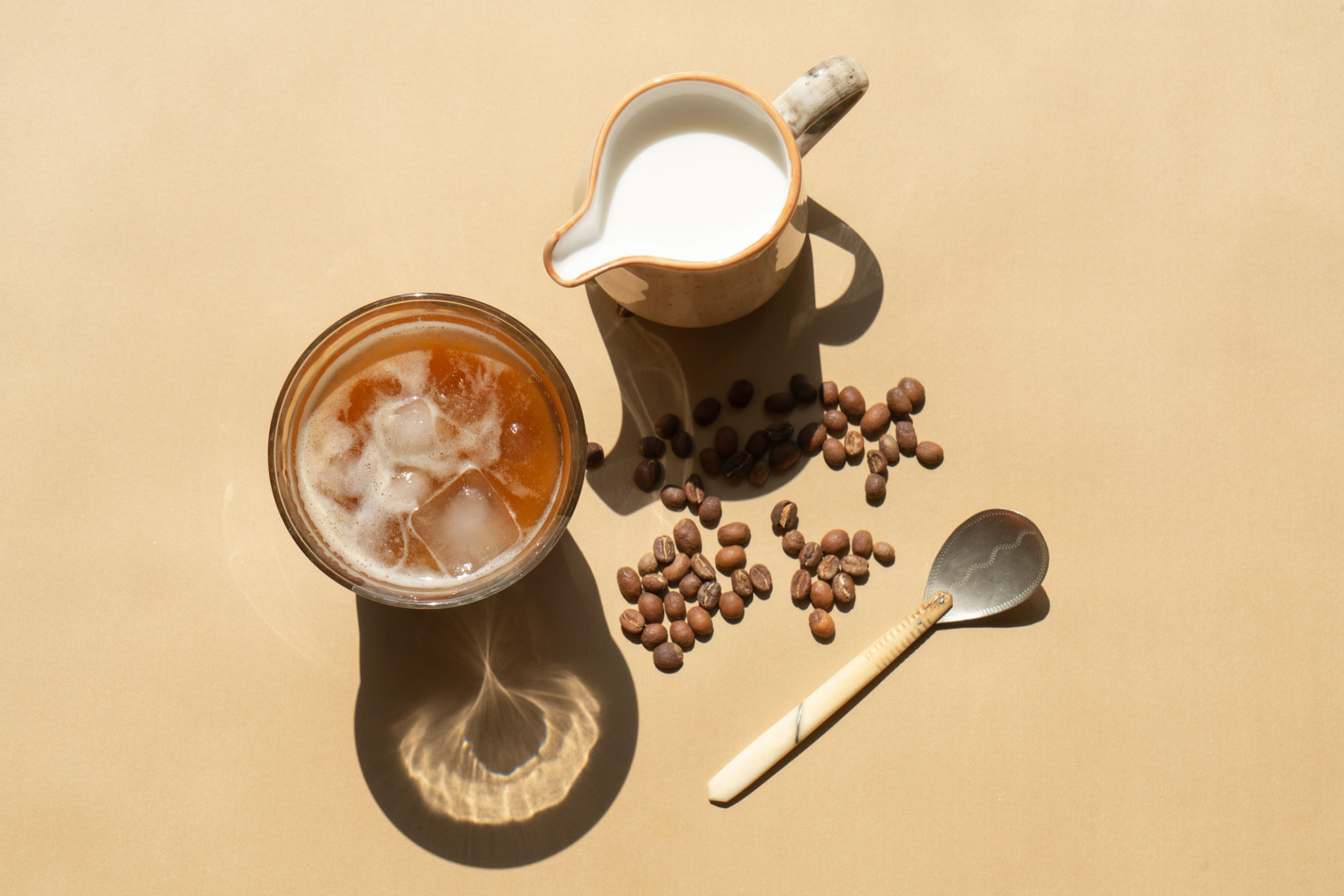The Cultural Significance of Palestinian Desserts: More Than Just a Sweet Treat
The Sweet Essence of Palestinian Desserts
Palestinian desserts are a delightful blend of taste and tradition, offering more than just a sweet indulgence. These treats are woven into the fabric of Palestinian culture, carrying stories of heritage, celebration, and community. Each dessert is a testament to the region's rich culinary history, reflecting a fusion of influences from neighboring cultures.
In Palestine, desserts are not merely an afterthought but a central element of social gatherings and special occasions. They are symbols of hospitality, often shared with guests as a gesture of warmth and generosity. This cultural significance elevates these desserts beyond their sugary allure, making them an integral part of Palestinian identity.

A Blend of History and Flavor
Palestinian desserts often feature ingredients that have been staples in the region for centuries. Nuts like pistachios and almonds, along with aromatic spices such as cinnamon and cardamom, are commonly used to create complex flavors. These ingredients not only enhance the taste but also connect the present with the past, preserving age-old recipes passed down through generations.
Many Palestinian desserts also incorporate local produce, such as figs, dates, and pomegranates. These fruits are not only vital to the local agriculture but also hold cultural significance. Dates, for example, are often associated with Ramadan, the holy month of fasting in Islam, where they are traditionally consumed to break the fast.

Traditional Favorites and Their Stories
Among the most beloved Palestinian desserts is Kunafa, a sweet cheese pastry soaked in sugar syrup. This dessert is often enjoyed during festive occasions and is a staple in celebrations from weddings to Eid. Its origins can be traced back to the Ottoman Empire, showcasing a blend of cultural influences that have shaped Palestinian cuisine.
Another cherished treat is Ma'amoul, a shortbread pastry filled with dates, nuts, or figs. These cookies are traditionally prepared during religious holidays like Easter and Eid. The labor-intensive process of making Ma'amoul is often a communal activity, bringing families together in a shared culinary experience.

The Role of Desserts in Palestinian Hospitality
In Palestinian culture, offering sweets to guests is a common practice that signifies hospitality and goodwill. Desserts like Baklava and Basbousa are frequently served alongside Arabic coffee or tea. This tradition underscores the importance of food in social interactions and community bonding.
The preparation and sharing of desserts also play a crucial role in maintaining social ties. Family recipes are treasured and passed down as a legacy, ensuring that each new generation carries forward the culinary traditions of their ancestors.

Preserving Tradition Through Modern Innovation
While traditional recipes remain at the heart of Palestinian desserts, modern chefs are experimenting with new ingredients and techniques to create innovative variations. This fusion of old and new keeps the culinary tradition alive while appealing to contemporary tastes.
For instance, chefs are now incorporating elements like chocolate and exotic fruits into classic recipes, offering a fresh twist on familiar favorites. These innovations showcase the adaptability of Palestinian cuisine, ensuring its relevance in today's gastronomic landscape.
Ultimately, Palestinian desserts are more than just sweet treats; they are a testament to a rich cultural heritage that continues to thrive through culinary expression. Each dessert tells a story of history, community, and tradition, making every bite an experience to savor.
